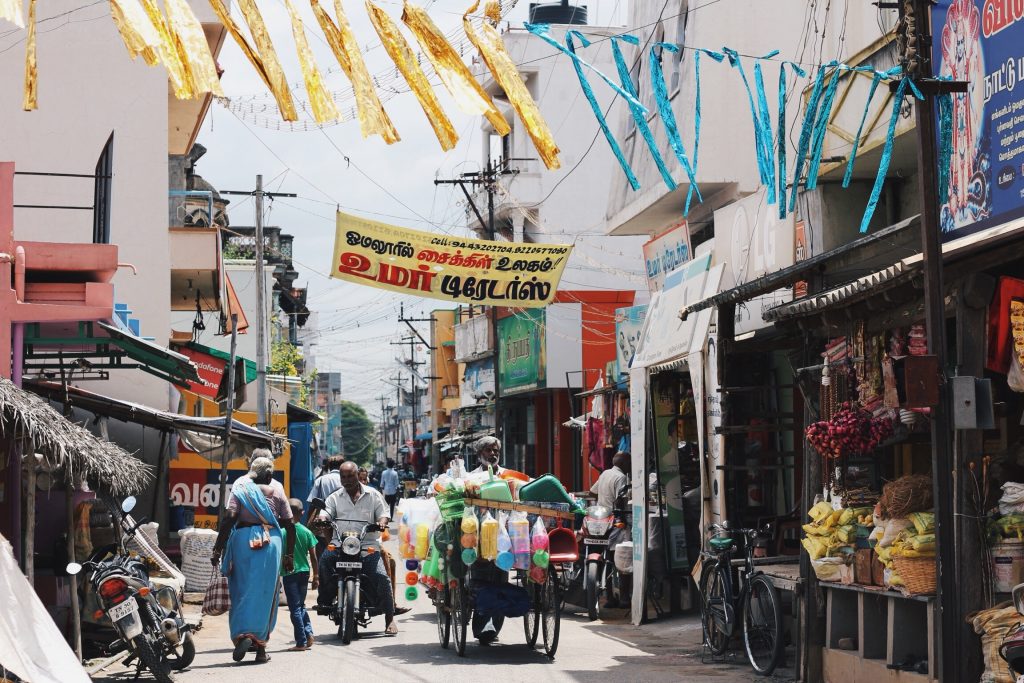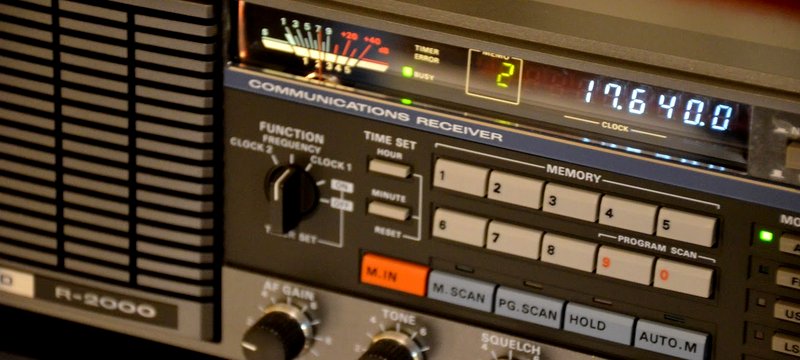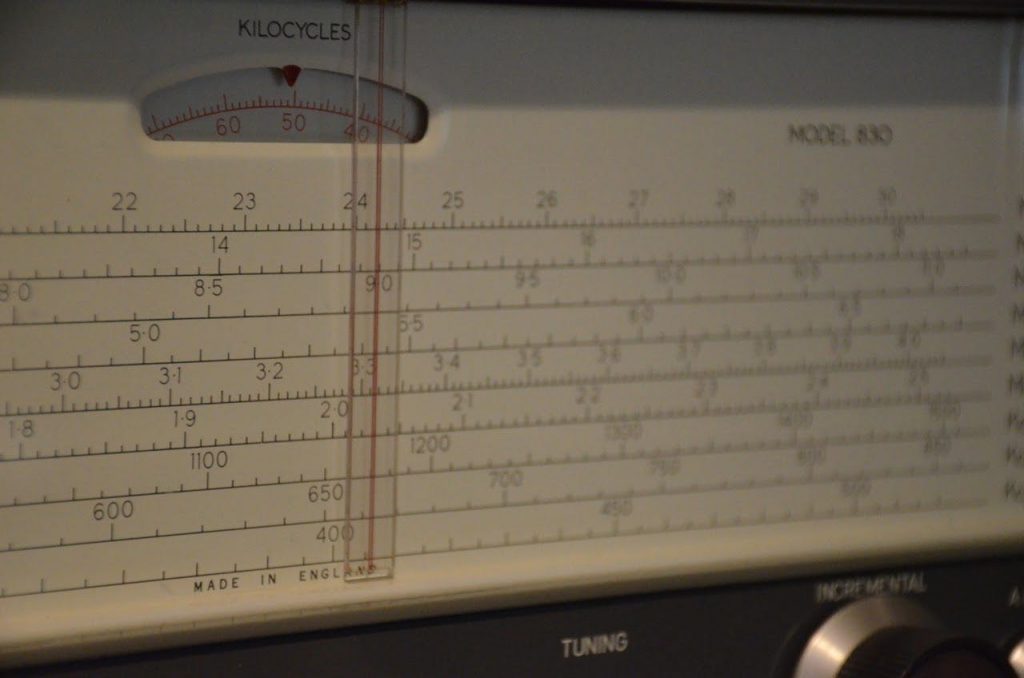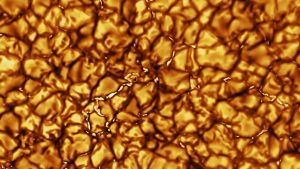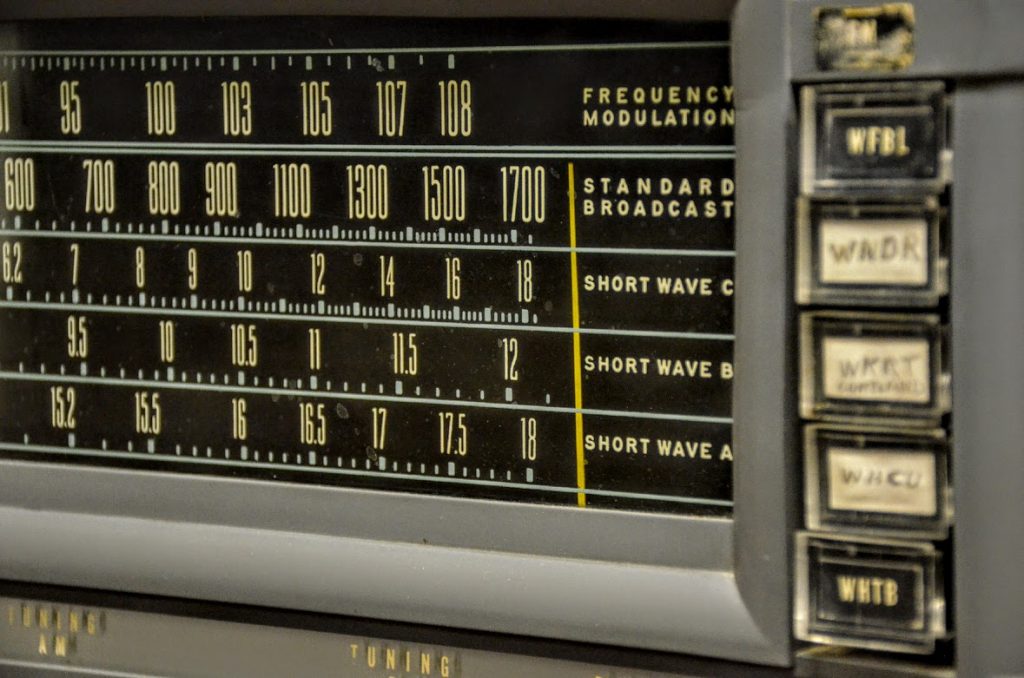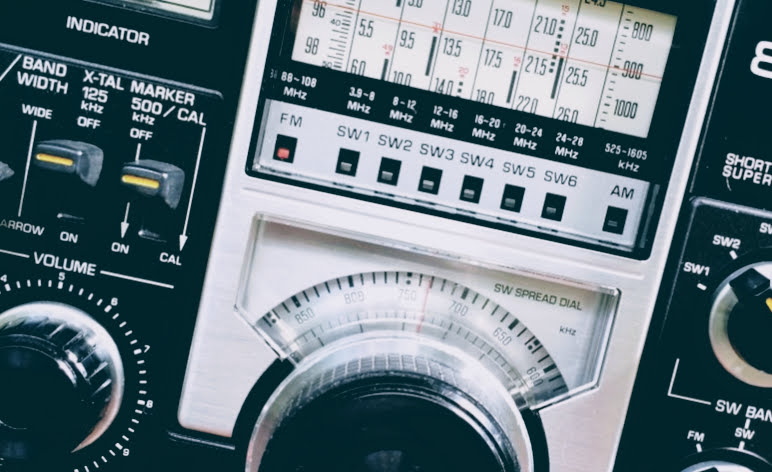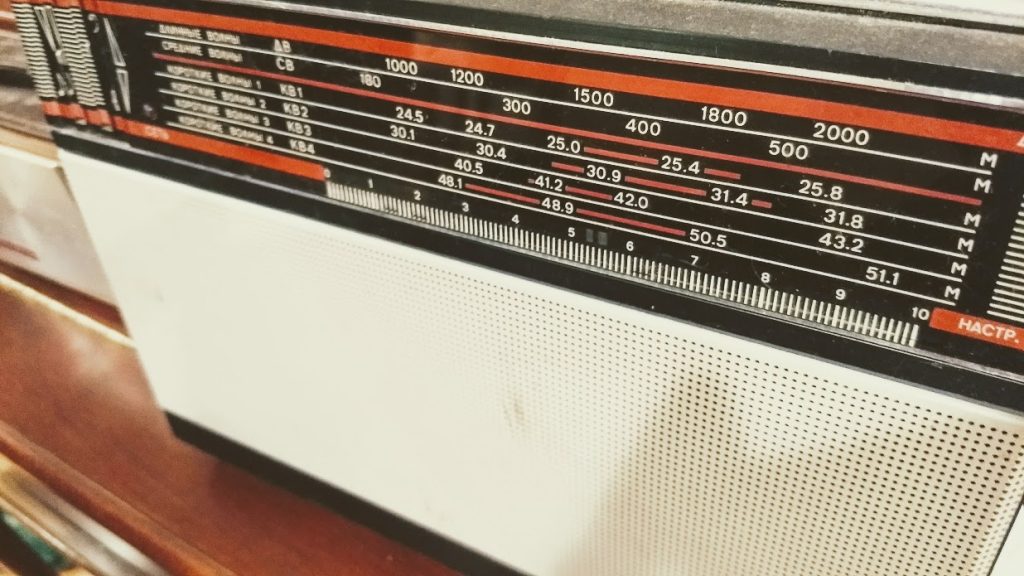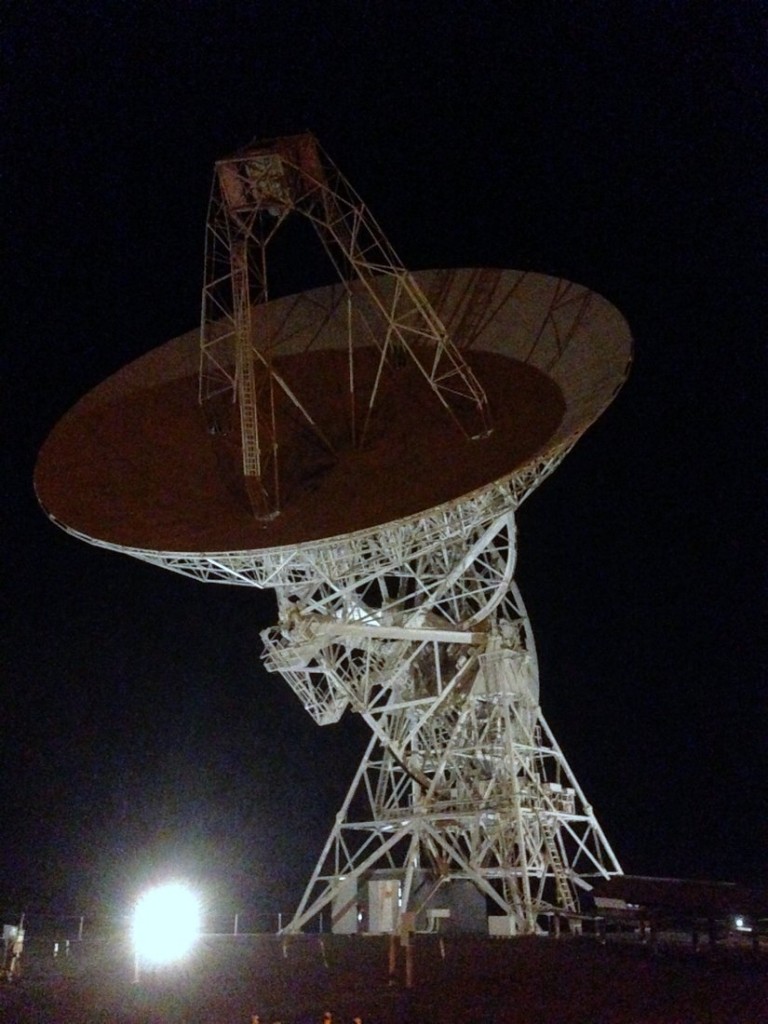 Radio Waves: Stories Making Waves in the World of Radio
Radio Waves: Stories Making Waves in the World of Radio
Because I keep my ear to the waves, as well as receive many tips from others who do the same, I find myself privy to radio-related stories that might interest SWLing Post readers. To that end: Welcome to the SWLing Post’sRadio Waves, a collection of links to interesting stories making waves in the world of radio. Enjoy!
Many thanks to SWLing Post contributors Howard, Mark Hirst, Micheal Bird, Pete Eaton, andTroy Riedel for the following tips:
The BBC gave me a lifeline as a child. It must be kept public (The Guardian)
Those who lobby against the corporation’s service remit fail to understand its unique relationship with its audience
ou’re mistaken if you think you can hand Margaret Thatcher a pearl-handled revolver and expect her to do the right thing. She’d shoot you with it.” As memory serves me, those were the words of a member of parliament being interviewed on the BBC World Service in November 1990. The programme was Newshour, and the presenter was Owen Bennett-Jones. I recall these details because the ousting of Thatcher was the first political event I tuned into properly as a child with an interest in politics living in a sub-Saharan African country with no access to media that covered current events.
Satellite dishes were prohibitively expensive, and apart from a short news bulletin on state-controlled TV there was no other source of news, let alone analysis – until I found the BBC World Service on shortwave radio. I started to haul the only portable radio in the house, a large battery-powered contraption with a long-bent aerial, everywhere I went, becoming aware of the dead zones in the house where the signal was weak, and making note of the times when the signal was strongest. Night-times were the worst. I would heave the radio into the bed and painstakingly tease the dial to find the crackling transmission from Bush House, able only to fall asleep when I managed to find the faint voices fading in and out of the crackle of white noise.[…]
NZ’s Concert FM may be safe (RadioInfo)
The future of New Zealand’s Concert FM seems to have been assured after NZ Prime Minister, Jacinda Ardern said her Cabinet was looking at an unused FM frequency as a solution to keeping the station on air.
There has been public outcry since the announcement of Concert FM’s proposed closure late last week with ex PM, Helen Clark going public to condemn the move.
RNZ’s breakfast king, Mike Hosking, says that the government is out of touch replacing it with a youth station, “The fact they’re calling it “youth” immediately shows how out of touch they already are, and hopefully they can hire someone who’s pants aren’t pulled up quite as high who can put them straight.”
Under the proposed changes, the classical station would lose its FM frequency, presenters, interviews and live programmes, become fully automated and move to the AM band.[…]
New HF Band Planning Discussion Group (Southgate ARC)
The ARRL has created a new HF Band Planning Discussion Group which is open to both members and non-members
The ARRL say:
HF Band Planning Committee Chair Mike Raisbeck, K1TWF, will moderate the group, which will focus on the ARRL HF Band Planning Committee’s recommendations and other band-planning activities.
Earlier this month, the ARRL HF Band Planning Committee invited comments and suggestions from the Amateur Radio community on its report to the ARRL Board. At the Board’s January meeting, the committee presented its specific recommendations in graphical form for each HF band and each US license class, with the goal of increasing harmony on the HF bands, particularly between CW and digital users. Those responding to the initial call for comments and suggestions are encouraged to cross-post their remarks to the new HF Band Planning Discussion Group.
The discussion group is at
https://groups.arrl.org/g/ARRL-HF-Band-Planning/Other discussion groups are at
https://groups.arrl.org/g/ARRL-Groups/subgroupsSource ARRL
http://www.arrl.org/news/arrl-creates-new-hf-band-planning-discussion-group
Astronomers to sweep entire sky for signs of extraterrestrial life (The Guardian)
Project is collaboration between privately-funded firm and New Mexico observatory
Astronomers will sweep the entire sky for signs of extraterrestrial life for the first time, using 28 giant radio telescopes in an unprecedented hunt for alien civilisations.
The project is a collaboration between the privately-funded Seti Institute and the Very Large Array observatory in New Mexico, one of the world’s most powerful radio observatories. Gaining real-time access to all the data gathered by VLA is considered a major coup for scientists hunting extraterrestrial lifeforms and an indication that the field has “gone mainstream”.
Normal astronomy operations will continue at the VLA, which was featured in the 1997 film Contact, but under the new arrangement all data will be duplicated and fed through a dedicated supercomputer that will search for beeps, squawks or other signatures of distant technology.
“The VLA is being used for an all-sky survey and we kind of go along for the ride,” said Andrew Siemion, director of the Berkeley Seti centre. “It allows us to in parallel conduct a Seti survey.
“Determining whether we are alone in the universe as technologically capable life is among the most compelling questions in science, and [our] telescopes can play a major role in answering it,” said Tony Beasley, director of The National Radio Astronomy Observatory, which runs the VLA.[…]
Do you enjoy the SWLing Post?
Please consider supporting us via Patreon or our Coffee Fund!
Your support makes articles like this one possible. Thank you!


